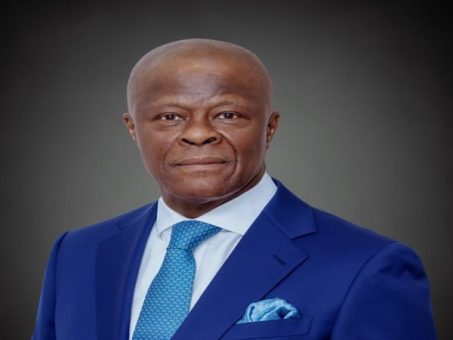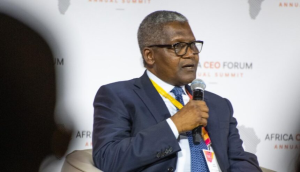
The Federal Government of Nigeria has announced plans to channel more than N10 trillion, saved from the removal of fuel and foreign exchange (forex) subsidies, into critical infrastructure and social services such as education, healthcare, and housing.
This was disclosed by the Minister of Finance and Coordinating Minister of the Economy, Wale Edun, during the presentation of the Nigerian Development Update (NDU) in Abuja. Edun emphasized that the reforms, although challenging, would drive long-term economic growth for the country.
“For the first time in 40 years, the vexed issue of fuel subsidy, and linked to it, the forex subsidy, costing five per cent of GDP, has gone. It takes time to do reform, but what started on May 29, 2023, is finally extinguished,” Edun said, adding that the savings will have a positive multiplier effect across all levels of government and the private sector.
The minister praised President Bola Ahmed Tinubu for taking “a courageous move” to remove these subsidies, stating that the decision marked the end of a long-standing debate. He noted that the administration is now focused on addressing the economic pain points while deepening growth.
As part of the government’s plans, Edun announced a mortgage scheme aimed at creating jobs by boosting construction through affordable housing. “We are going to roll out long-term, 25-year, 20-year mortgages at relatively low, near single-digit interest rates,” he said.
Meanwhile, the World Bank commended Nigeria for its economic reforms, which it said had averted a fiscal crisis. The Senior Vice President and Chief Economist of the World Bank, Indermit Gill, stressed the need for continued collaboration among stakeholders to sustain these reforms.
“Progress is real, but so are the struggles of many citizens,” Gill noted, pointing to the hardships brought by inflation and the rising cost of living. He urged Nigeria’s leadership to remain committed to its reform agenda to ensure inclusive growth for all Nigerians.
The Central Bank of Nigeria (CBN) Governor, Olayemi Cardoso, also defended the recent increase in interest rates, explaining that the Monetary Policy Committee’s decision was based on anticipated inflation trends. “Policies and decisions will be based on evidence and data going forward,” Cardoso said.
World Bank officials further highlighted improvements in the Nigerian economy, citing a reduction in the country’s debt-service-to-revenue ratio and forex turnover in the official market. However, they warned that reversing the reforms could lead to more severe economic consequences.
As Nigeria navigates its path to recovery, the government remains focused on alleviating unemployment through new housing initiatives and job creation strategies, especially for the youth.
“We need to stick to the plan and keep moving forward,” said Ndiame Diop, the World Bank’s Country Director for Nigeria.








